CBD and THC: Unpacking the Cannabinoids
By MK Thomson
January 16 2024
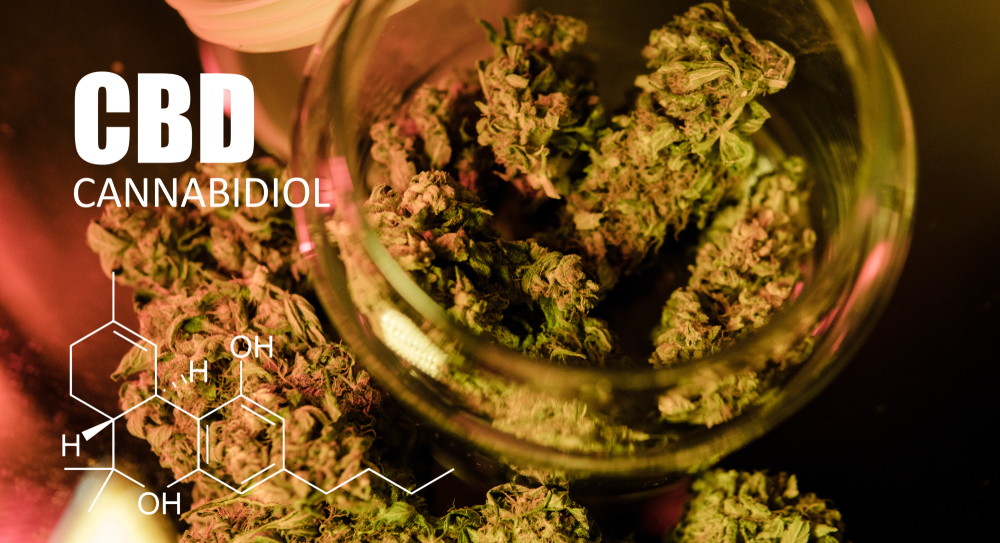
Both CBD and THC, short for cannabidiol and tetrahydrocannabinol, are naturally occurring cannabinoids found in the cannabis plant. While often lumped together, these phytochemicals diverge significantly in their medical properties and mechanisms of action.
THC: The notorious psychoactive component, THC readily binds to CB1 receptors in the brain, inducing the characteristic “high” associated with cannabis. This intoxication can alter perception, mood, and cognitive function.
CBD: Unlike its counterpart, CBD exhibits minimal affinity for CB1 receptors. Therefore, it lacks psychoactive effects and won’t get you “high.” This makes CBD a viable option for users seeking therapeutic benefits without the mind-altering properties.
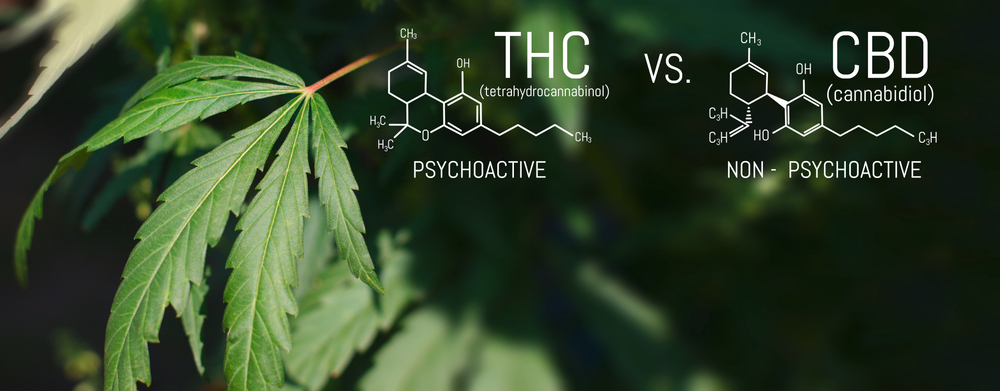
THC: THC boasts a range of potential medical applications, including pain relief, nausea and vomiting control, appetite stimulation, muscle spasticity reduction, and glaucoma management. However, its psychoactive effects and potential for dependence limit its use in some users.
CBD: While research is still ongoing, CBD holds promise for various medical conditions. Its anti-inflammatory, analgesic, and anxiolytic properties make it a potential candidate for treating chronic pain, epilepsy, anxiety, and insomnia. Moreover, CBD exhibits a favorable safety profile with minimal side effects. Generally well-tolerated with a low abuse potential, CBD is increasingly explored for managing various medical conditions. Its lack of psychoactive effects makes it appealing to users who cannot or prefer not to experience intoxication.
From a medical perspective, recent studies show the interaction between CBD and THC in cannabis presents a fascinating picture of synergy known as the “entourage effect.” This phenomenon suggests that when used together, these cannabinoids can enhance each other’s therapeutic potential and mitigate potential side effects.

CBD modulates THC:
THC potentiates CBD:
Enhanced absorption: THC may increase the bioavailability of CBD, allowing for better absorption and increased therapeutic benefit.
Synergistic effects: Studies suggest that co-administration of CBD and THC can lead to enhanced therapeutic effects for specific conditions like epilepsy and chronic pain, beyond what either cannabinoid can achieve alone.
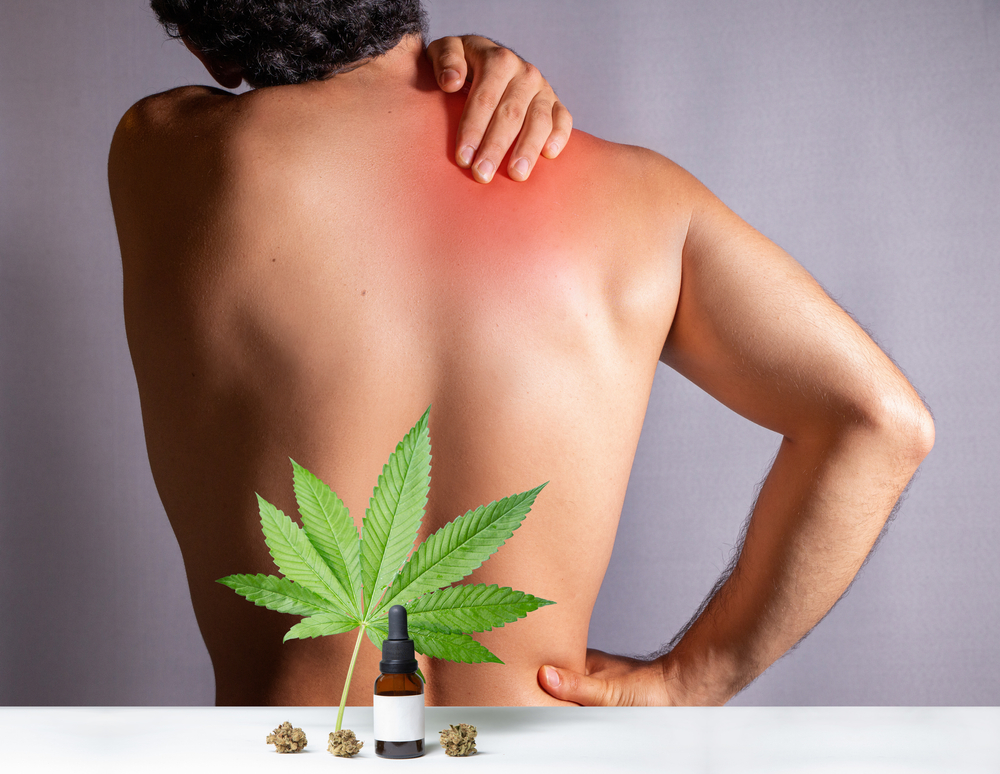
Studies suggest that using CBD and THC in tandem can:
While the science behind the entourage effect is rapidly evolving, further research is needed to fully understand the complex interactions between these cannabinoids and their impact on various medical conditions. Additionally, developing standardized methodologies for quantifying and optimizing the entourage effect within cannabis products holds significant promise for advancing personalized medicine.
The therapeutic potential of CBD and THC used in tandem goes beyond the simple sum of their parts. Harnessing the entourage effect opens exciting possibilities for developing more effective and well-tolerated cannabis-based therapies for a range of medical conditions. Continued research and clinical trials are crucial for unlocking the full potential of this fascinating synergy in the future of medicine.
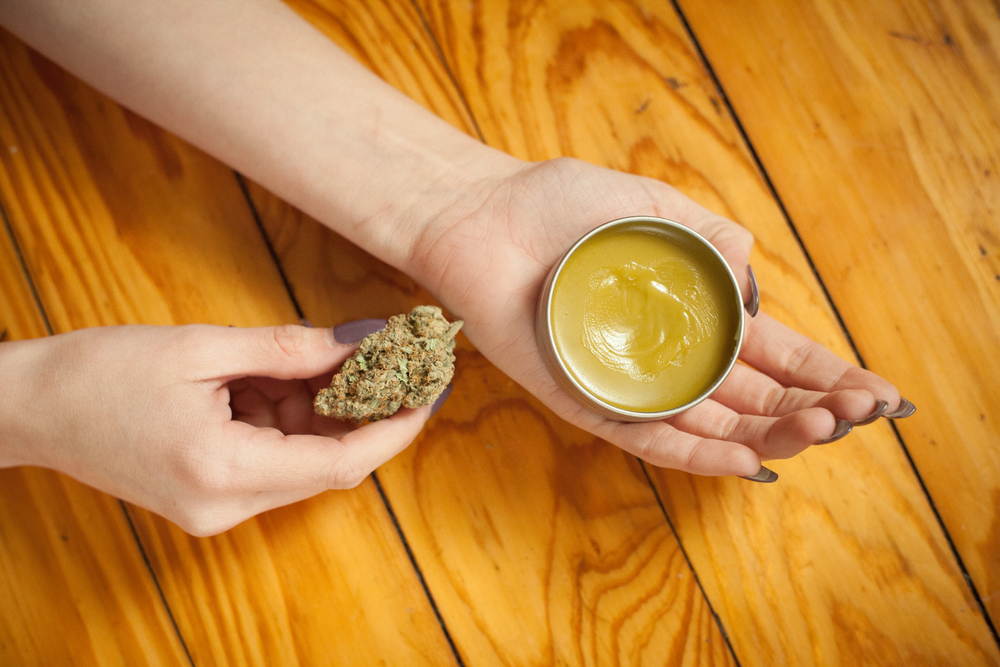
As CBD gains traction in the medical sphere, the variety of delivery forms can be overwhelming for patients and healthcare professionals alike. Understanding the advantages and limitations of each form is crucial for optimizing therapeutic outcomes. Here’s a look at the main delivery routes:
Oral
Topicals
Inhalation
Consider the target condition and desired onset and duration of action. For example, acute pain might benefit from sublingual oils, while chronic pain might be better managed with capsules. Different forms vary in absorption rates and bioavailability. Consult a healthcare professional for individualized dosing recommendations based on the chosen form. Individual preferences and comfort levels are crucial. Users may want to discuss concerns and desired administration methods with their healthcare provider or local dispensary budtender.
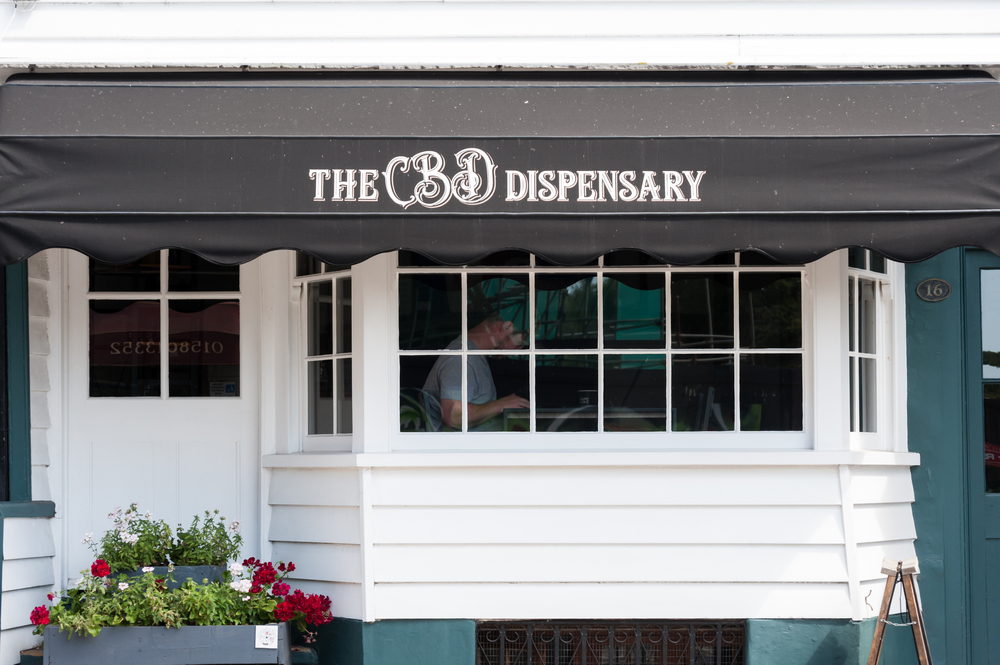
Choose reputable brands with third-party lab testing to ensure purity and potency. Be aware of potential interactions with other medications you are taking.
Understanding the diverse landscape of CBD delivery forms empowers users to make informed choices for optimal therapeutic outcomes. With personalized considerations and informed guidance, CBD can be safely and effectively integrated into various treatment plans.
Psychoactive Effects:
Therapeutic Applications:
Safety and Side Effects:
Legality and Regulation:

Overall
Choosing CBD or THC depends on individual needs and medical conditions. CBD’s lack of psychoactive properties, wider therapeutic potential, and generally lower side effect profile make it a more versatile option for many medical applications. However, THC may still be preferred for specific conditions where its psychoactive effects can be beneficial.
CBD and THC, though derived from the same plant, offer distinct medical profiles. THC’s psychoactive properties can limit its use, while CBD’s versatility and favorable safety profile make it a promising therapeutic agent for diverse conditions. Ultimately, the choice between these cannabinoids depends on the specific needs and individual preferences of the user.